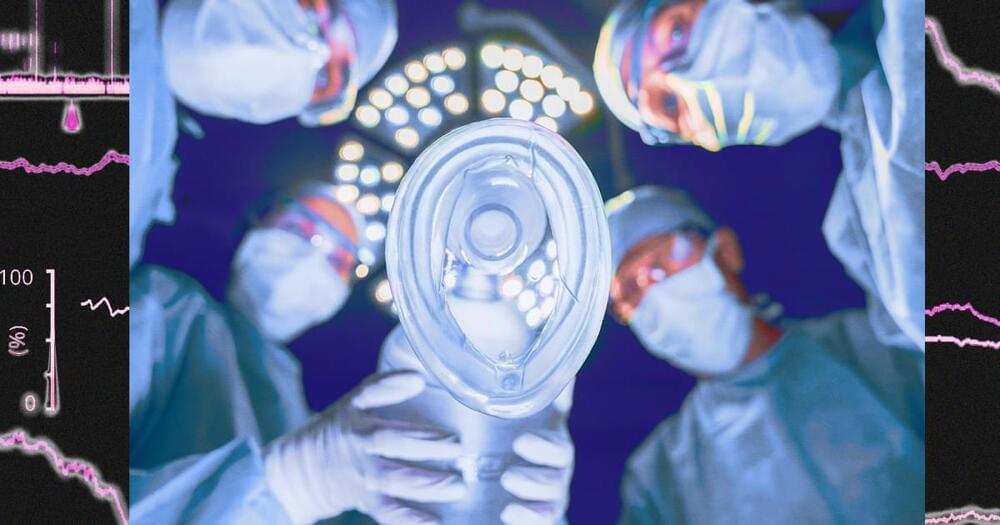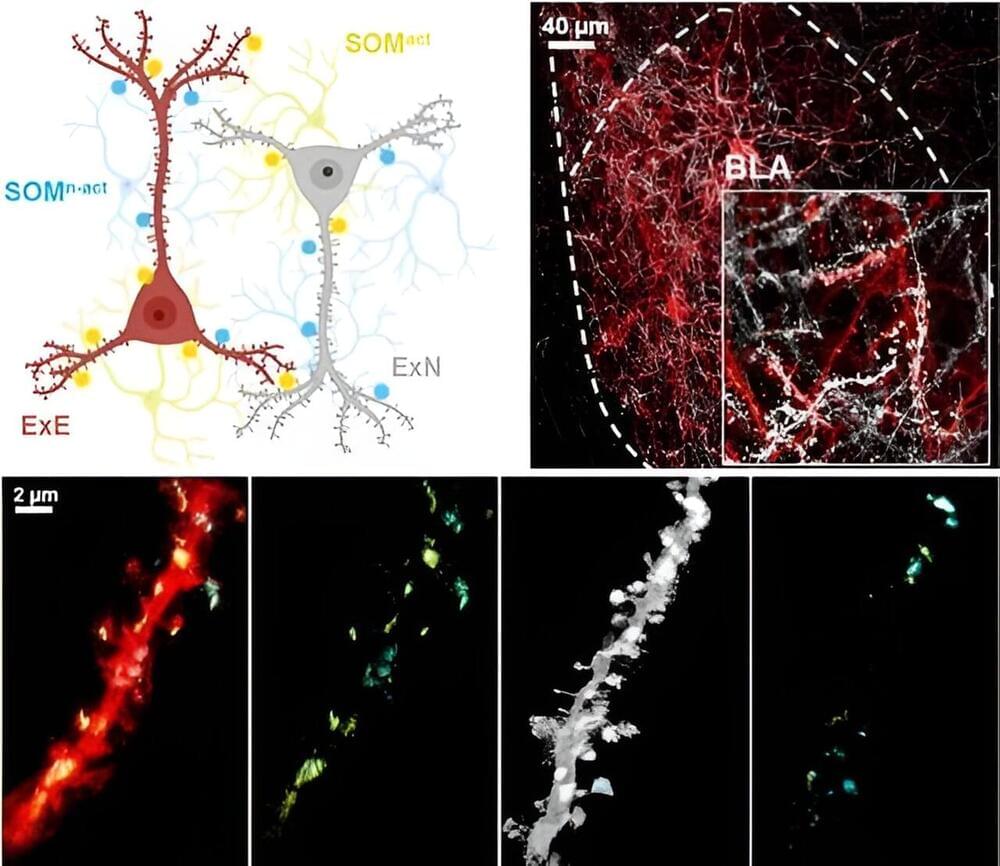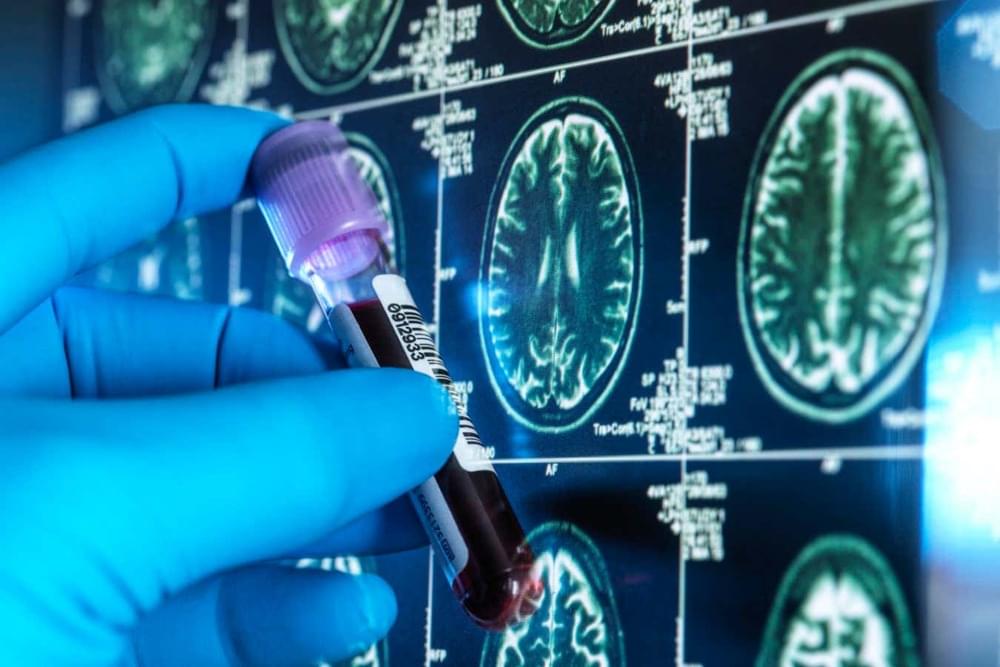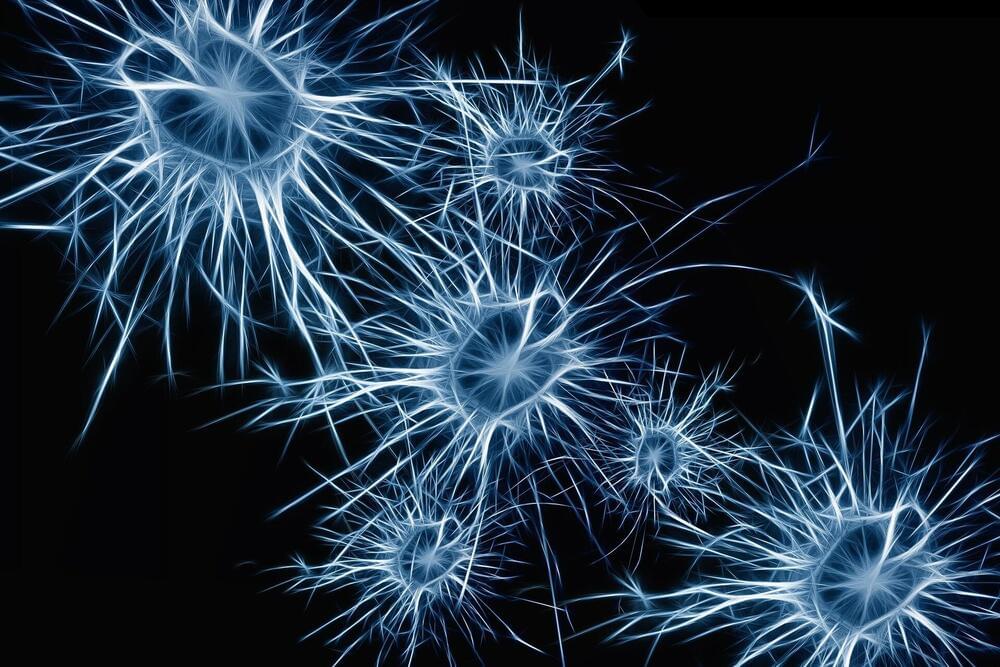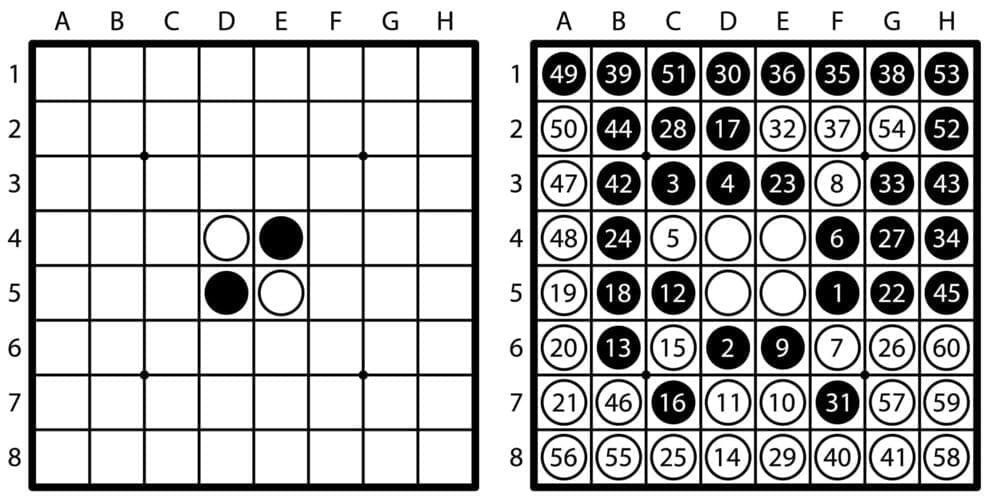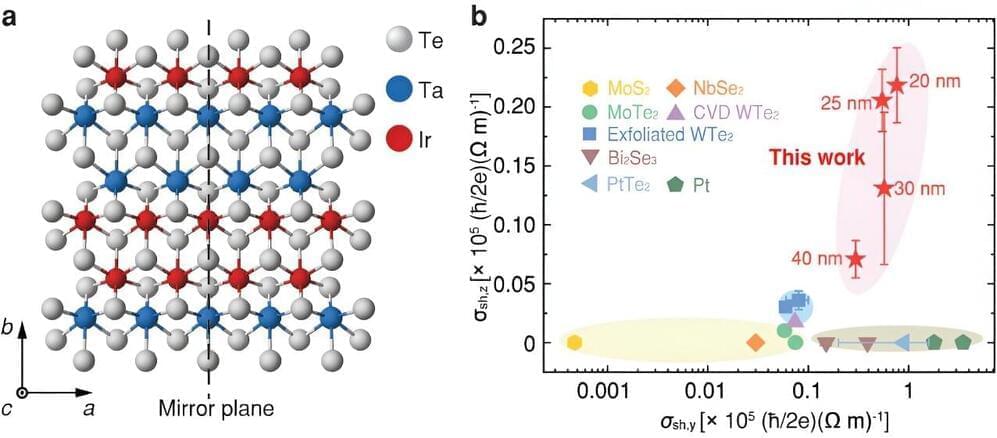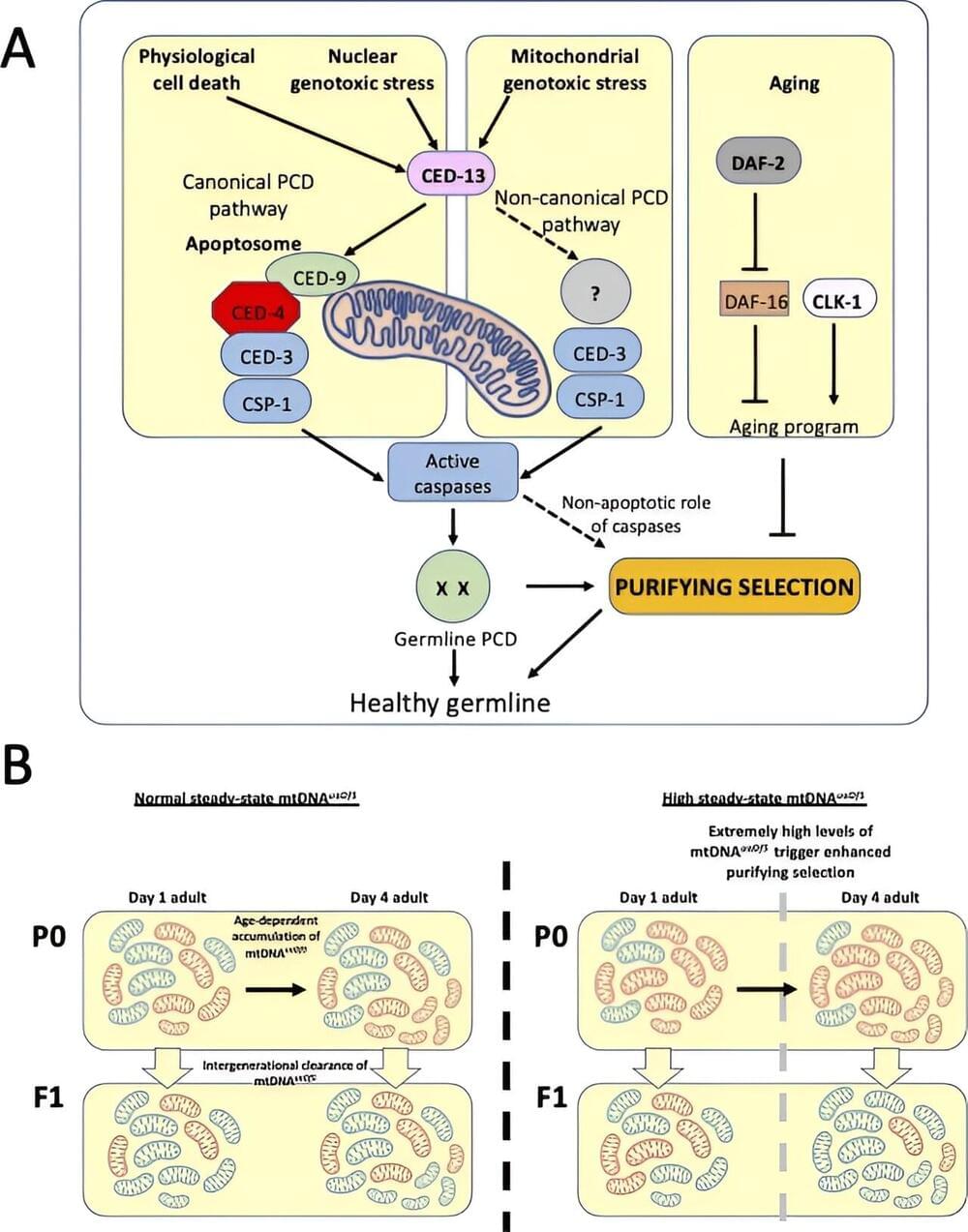Thyrotoxicosis was associated with 39% higher risk for cognitive disorders.
Thyrotoxicosis, defined as a low level of serum thyroid-stimulating hormone (TSH), can result from either a primary thyroid disorder (endogenous) or overtreatment of hypothyroidism (exogenous). Evidence suggests that thyrotoxicosis is a risk factor for dementia. In this U.S. longitudinal cohort study, researchers used data from electronic health records for 66,000 people (median age, 68) without low TSH levels or cognitive disorders at baseline and evaluated whether development of thyrotoxicosis was associated with excess risk for cognitive disorders.
During the study period (2014 to 2023), 2,700 patients had low TSH levels (60% exogenous), and 4,800 patients received diagnoses of cognitive disorders. The incidence of cognitive disorders among patients with and without thyrotoxicosis were 11% and 6% at age 75, and 34% and 26% at age 85. Adjusted for multiple variables, all-cause thyrotoxicosis was associated with a significant 39% excess risk for cognitive disorders. Exogenous thyrotoxicosis — and in particular, severe exogenous thyrotoxicosis (TSH 0.1 mIU/L) — were associated most strongly with excess risk for cognitive disorders.
